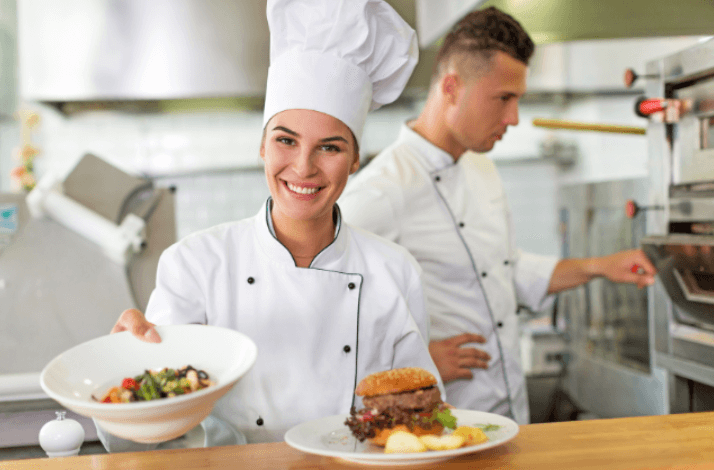From Hobby to Profession: Transforming Your Passion at Culinary School

The journey from a home kitchen enthusiast to a certified culinary professional is both exciting and challenging. Cooking, for many, begins as a pastime—experimenting with flavors and techniques in the comfort of their homes. However, when that passion deepens, the calling to turn it into a full-fledged career can become undeniable. Culinary schools offer an immersive environment where hobbyists can refine their skills, develop new ones, and prepare for the professional culinary world. Keep reading to understand how a culinary education can serve as your bridge from an amateur cook to a culinary artist.
Turning Your Culinary Passion Into a Career Path
Discovering that you want to pursue a career in the culinary arts is a monumental step. It’s about harnessing your creativity and love for cooking and transforming it into a vocation. Culinary schools are tuned to guide you through this transformation, providing structured learning and professional insight. They are the breeding ground for the next generation of chefs, bakers, and restaurateurs.
When you enroll in a culinary program, you dive into a world of professional disciplines and industry standards. It’s not just about perfecting the art of making food but learning the science behind it, the techniques, the history, and the innovative processes that propel the culinary industry forward. Choosing to attend a well-established culinary institution can make all the difference in this educational journey.
Finding the right New York culinary school for you involves considering the school’s reputation, the expertise of the faculty, and the opportunities it provides. Schools nestled in the heart of diverse culinary hubs offer additional exposure to various cuisines, ingredients, and restaurant styles, enriching your education further.
Real-World Experience: Internships and Externships in the Culinary Arts
Culinary education is not confined to the classroom or kitchen labs. Internships and externships provide students with valuable hands-on experience in real-world settings. These opportunities can vary from working in high-end restaurants to participating in catering events, allowing students to apply their learned skills in both preparation and service.
During these practical experiences, students are exposed to the workflows and hierarchies within hospitality businesses. They get to observe firsthand how professional kitchens operate during service, manage time during peak hours, and adhere to industry standards in food safety and hygiene. This not only reinforces their education but also begins to shape their professional behavior.
Networking is an unintended but invaluable consequence of these programs. Interning at reputable establishments can place students in contact with renowned chefs and industry professionals who can provide mentorship and potentially open doors for future job prospects. Building a robust professional network early on is a significant advantage for aspiring chefs.
See also: Breaking Down Barriers: Invisalign’s Impact on Professional Life
Building Your Brand: Networking and Personal Marketing for Chefs
Today’s culinary scene requires more than just cooking skills; personal branding and networking are crucial for success. Chefs are increasingly recognized as personalities and influencers in the food world. Culinary school can provide the skills to develop your persona in the culinary arts, teaching you to market yourself effectively.
Through events, alumni gatherings, and culinary competitions, students have numerous opportunities to make their mark. Instructors often have industry connections and can provide introductions, while the school itself may have partnerships with culinary organizations and events where students can showcase their talents.
Learning how to navigate social media platforms is also an important part of personal marketing for chefs. The ability to share one’s culinary creations and experiences, engage with an audience, and create an online presence is an indispensable tool in a chef’s personal branding arsenal. Culinary schools recognize this and often incorporate media training into their curriculum.
The Transition From Kitchen Hobbyist to Professional Chef
The transition from cooking as a hobby to becoming a professional chef is marked by education, experience, and personal growth. Intensive training at culinary school homes in on the details of fine cooking and introduces aspiring chefs to the intricate dance of professional kitchen life. It’s a transformation from following recipes at leisure to creating dishes under the pressure of a ticking clock.
Graduates of culinary programs often remark on the confidence they gain throughout their education. Not only in their culinary skills but also in their ability to handle criticism, multitask, and lead a team. As they transition to professional kitchens, they quickly learn to merge their technical knowledge with the creativity that sparked their initial love for cooking.
Overall, the leap from kitchen hobbyist to professional chef is an ambitious endeavor that necessitates formal education, real-world experience, and personal branding. Culinary school is not just about learning how to cook—it’s about mastering the art and business of food, understanding its impact on society, and carving out your unique place in the culinary landscape.




